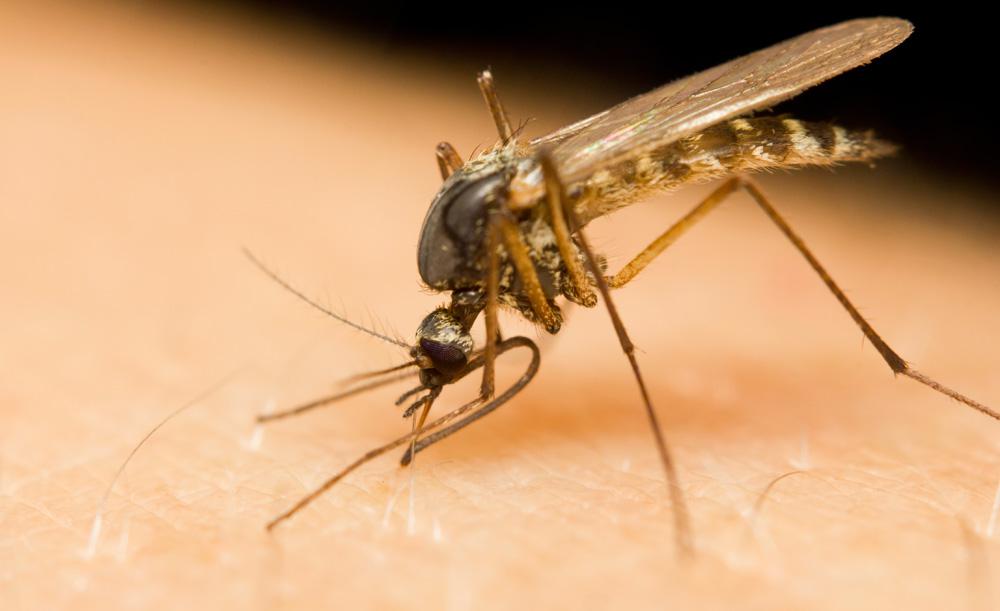Dengue Sucks

A couple travelling through Asia (Thailand, Laos, Cambodia) came to see me a few weeks ago. The 28-year-old Caucasian female of the couple had been in Hanoi for the last five days. She had been suffering with sore bones and was feeling she may have overdone it in Thailand where they had been trekking, but the pain was getting worse. But she had woken that morning with a bad headache and some eye pain. "It felt like a hangover," was her first thought, but she'd had an early night. What concerned her was that when she woke she was really hot, and now was shivering. Over the previous few hours a rash had started to develop between her fingers.
I've seen this many times—patient arrives with a list of varied symptoms, and I find it's really important to talk about date of illness onset, travel history, the start of symptoms and vaccination history. This is the season for dengue fever, not to mention zika and chikungunya. And to make it more challenging, patients are diagnosing themselves before arriving. A blood sample was taken and immediately sent to the lab for analysis—it would take 30 minutes to get the results. This is a lot quicker than waiting for the symptoms of dengue to appear, which can take three to 15 days after the mosquito bite transfers a virus to you.
A range of symptoms can develop; fever and chills, painful muscles, bone and joint aches combined with headaches and retro-orbital (behind the eye) pain. Symptoms in mild cases can last from four to seven days and then disappear, and in many cases dengue's parting gesture is a painful itchy rash.
We had confirmation within an hour—dengue fever. As I've already mentioned, the symptoms of dengue fever make it easy to diagnose. The symptoms include mild bleeding in the nose and gums, and easy bruising can occur due to depressed platelet count and, in severe cases, damage to lymph and blood vessels, enlargement of the liver and failure of the circulatory system which may lead to shock, and death.
Treatment
Dengue is caused by a virus—there are no medicines or antibiotics which can be used as a cure. For my patient I immediately recommended bed rest, paracetamol and fluids. She spent two nights with us and started to feel better after the first day. We kept on monitoring her, but after rest she felt better, although still weak. She carried on with her holiday going slowly and being more careful. There is no real medical treatment for dengue fever other than rest and hydration, but sometimes natural remedies can help, so we recommend papaya fruit which is rumoured to increase blood platelets faster than normal.
Prevention
There is no vaccine to prevent dengue fever. The best way to avoid the disease is to prevent bites by infected mosquitoes, particularly if you are living in or traveling in wet, tropical areas. This involves protecting yourself and covering up when possible. Fortunately, dengue doesn't spread from person to person but you need to prevent the disease by watching your surroundings; empty or drain any standing water (pots) since the mosquitoes breed there. Wear protective clothing. The dengue mosquito likes to attack at dawn and dusk, and favourite spots are below the elbow and knee. They are generally active between August and October, but they tend not to breed during the cold times of the year. If you want, you can turn to natural repellents like lemon eucalyptus oil and lavender oil, which may give you some protection. There are also a number of plants that have mosquito-repellent properties like citronella, catnip and lavender. Place them around your house to keep mosquitoes away. Even herbs like garlic, lemongrass, basil, peppermint and rosemary may help.
Dr. Brian McNaull - Medical Director, Family Medical Practice Hanoi.
 We use cookies on this website to enhance your user experience
We use cookies on this website to enhance your user experience